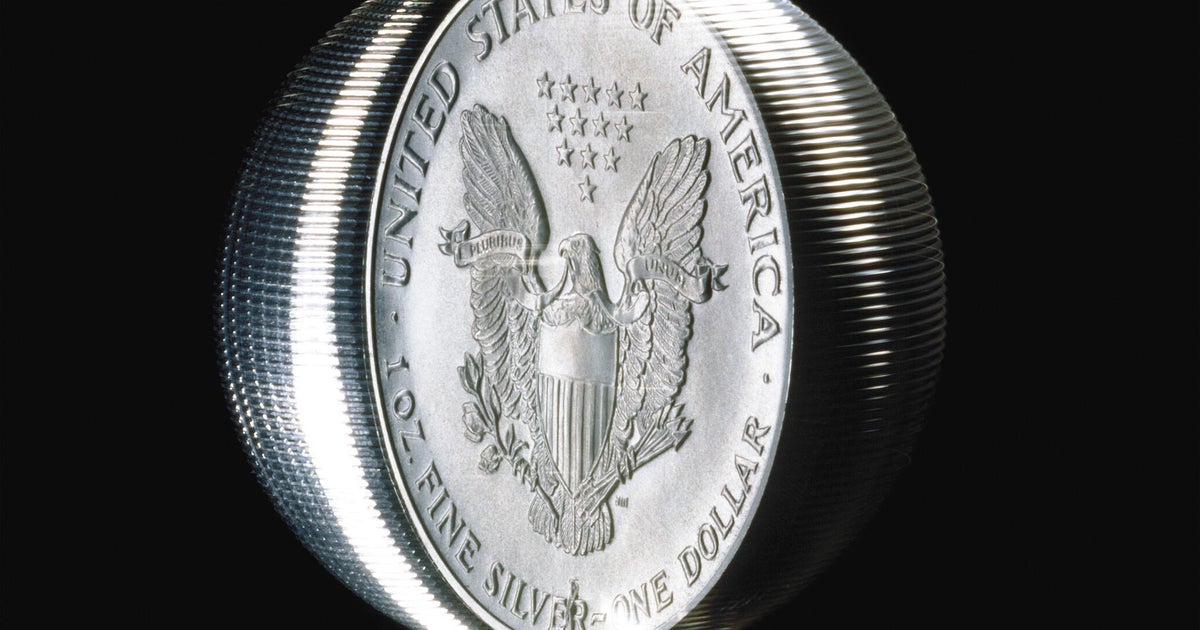Is a six-month or one-year CD term better?
If you're looking to maximize your savings today, there are plenty of high-earning accounts that can help you take advantage of the current rate environment. But even among high-yield account options today, short-term CDs carry peak interest rates. When you lock in your deposit for a period of one year or less, you can score as high as 5.50% APY for the entire term.
Among the most common — and highest-earning — of these short-term accounts are six-month CDs and one-year CDs. While both term lengths can offer a big boost to your savings, one may be better fit for your needs than the other.
Start your search for a new CD by comparing available rates here.
Is a six month or one year CD term better?
Here are a few different factors you can use to determine whether a six-month or one-year CD is best for you:
Interest rates
It may already be at the top of your checklist, but the CD interest rate is one of the most important things to consider when you open a new account.
Both of these terms carry higher interest rates today compared to longer-term CDs or high-yield savings accounts. If you want the absolute highest CD rate, you may earn more with a one-year CD — though the difference is only slight. To help you compare, here are a few of the top rates for both CD term lengths as of Aug. 2, 2023:
Six-month CDs:
- Popular Direct: 5.35% APY
- Bank5 Connect: 5.30% APY
- Bask Bank: 5.25% APY
One-year CDs:
- Sallie Mae: 5.50% APY
- Popular Direct: 5.40% APY
- Bread Savings: 5.35% APY
Find more top CD rates available for you here now!
Penalty fees
Unless you opt for a no-penalty CD, you'll generally incur a penalty if you need to withdraw your cash before the account matures. While this is true for both six-month and one-year CDs, the different term lengths could change the amount you'll be charged if an emergency strikes and you need to withdraw the funds.
Early withdrawal penalties are usually expressed as a portion of your interest earned and based on your CD term length. So while you may be charged 90 days worth of interest for withdrawing early at any time during a six-month CD, a one-year CD could incur a higher fee of 180 days' worth of interest anytime you withdraw.
While you should avoid early withdrawal whenever possible, this could be a factor to consider when choosing your CD term.
Your savings goals
Ultimately, any CD you choose is only useful if it works for your individual savings goal. Whether a six-month or one-year CD is best — regardless of any account details or interest rate — comes down to what exactly you're saving for.
For example, if you know you want to make a down payment on a home within the next year and want to begin your search in just a few months, the shorter six-month term may be better. That will give you more flexibility with your cash if you find the right home sooner than you expect.
On the other hand, locking in a full one-year CD term could be the better option if you have money to set aside for your vacation next summer and want to ensure you don't spend it before leaving. The added incentive of an early withdrawal fee can help to keep you from spending your money elsewhere.
Want to lock in a CD today? Start comparing some of today's top rates here.
The bottom line
Now is a great time for many savers to open a short-term CD and maximize today's high interest rates. But if you're still on the fence between a six-month or one-year CD option, you should think about what exactly you're saving for and match the term length with that goal. Then, find a competitive interest rate and research the potential penalties you could face for early withdrawal. With some research, you can find the best CD that will help you save more over time. Get started here today!




